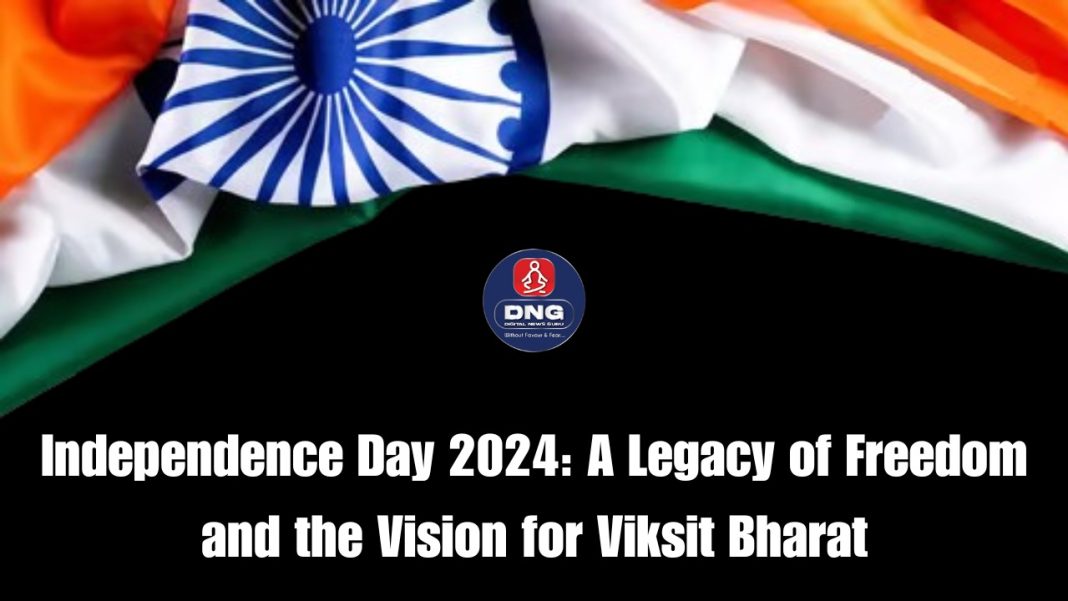DIGITAL NEWS GURU DELHI DESK:
Independence Day 2024: A Legacy of Freedom and the Vision for Viksit Bharat
India’s Independence Day, observed annually on August 15th, is a national holiday that holds profound significance for the nation.
It marks the end of British colonial rule in 1947 and the birth of a sovereign India. As the country gears up to celebrate its 78th Independence Day in 2024, it is essential to reflect on the importance of this day, the reasons behind its celebration, and the historical journey that led to India’s freedom.
Significance of Independence Day 2024
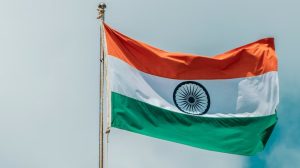
The theme for Independence Day 2024, “Viksit Bharat,” is deeply rooted in the vision of transforming India into a developed nation by 2047, which will mark the centenary of its independence. This theme reflects the aspirations of a nation striving for progress, self-reliance, and global leadership. Independence Day 2024 is not just a commemoration of past struggles but a celebration of the nation’s ongoing journey towards a prosperous and inclusive future.
This day serves as a reminder of the sacrifices made by countless freedom fighters who fought tirelessly to liberate the country from British rule. It is a time to honor their memory and the values they stood for—freedom, equality, and justice. The celebration of Independence Day in 2024 is also an opportunity to renew our commitment to these values and to the ongoing development of the nation.
The significance of this year’s Independence Day is further amplified by the challenges and achievements that India has witnessed in recent times. From technological advancements and economic growth to addressing social issues and strengthening democratic institutions, India has made significant strides. However, the day also calls for introspection on the work that remains to be done, particularly in areas such as poverty alleviation, education, and healthcare.
Why We Celebrate Independence Day
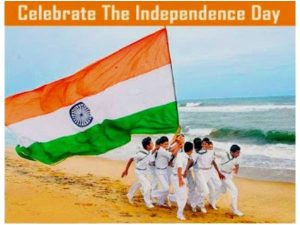
Independence Day is celebrated to commemorate the end of British colonial rule and the birth of a free and independent India. It is a day to remember the sacrifices of those who fought for the country’s freedom and to celebrate the values of democracy and sovereignty.
The celebration of Independence Day is marked by various ceremonies and events across the country. The main event takes place at the Red Fort in New Delhi, where the Prime Minister hoists the national flag, followed by a 21-gun salute, the singing of the national anthem, and a parade that showcases India’s cultural diversity and military strength. The Prime Minister’s address to the nation is a highlight of the day, where the leader reflects on the nation’s progress, outlines future goals, and pays tribute to the freedom fighters.
Across the country, Independence Day is celebrated with flag-hoisting ceremonies, patriotic songs, cultural programs, and community events. Educational institutions organize competitions, such as essay writing, painting, and quizzes, to instill a sense of patriotism among students. The day is also marked by the decoration of public buildings, government offices, and homes with the tricolor, symbolizing unity and pride.
Independence Day is a day of national pride and unity, where people from all walks of life come together to celebrate their shared heritage and identity. It is a day that transcends political, religious, and regional differences, reminding citizens of their collective responsibility towards the nation.
History Behind Independence Day
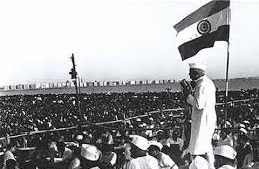
The history of India’s struggle for independence is a tale of resilience, sacrifice, and determination. The roots of British rule in India can be traced back to the early 1600s when the British East India Company began trading in India. Over time, the company expanded its influence, and by the mid-18th century, it had established control over large parts of the Indian subcontinent. The Battle of Plassey in 1757 marked a significant turning point, as the East India Company secured its dominance in Bengal, leading to nearly two centuries of British rule.

The British Raj, established in 1858 following the Revolt of 1857, saw the transfer of power from the East India Company to the British Crown. This period was characterized by economic exploitation, social discrimination, and political repression, which fueled widespread discontent among the Indian population.
The struggle for independence gained momentum in the late 19th and early 20th centuries, with the emergence of prominent leaders and movements advocating for self-rule. The Indian National Congress, founded in 1885, became the principal organization leading the freedom movement.
The early 20th century saw the rise of Mahatma Gandhi, who championed the principles of non-violence and civil disobedience. Gandhi’s leadership was instrumental in mobilizing the masses against British rule, through movements such as the Non-Cooperation Movement (1920-1922), the Civil Disobedience Movement (1930-1934), and the Quit India Movement (1942).
The path to independence was marked by significant events, such as the Jallianwala Bagh Massacre in 1919, which galvanized Indian opposition to British rule, and the Salt March of 1930, a pivotal act of civil disobedience against the British salt tax. The demand for independence grew stronger in the years following World War II, as Britain faced economic challenges and mounting pressure from Indian leaders and international communities.

On July 4, 1947, the Indian Independence Bill was introduced in the British House of Commons, and it was enacted on July 18, 1947. This act paved the way for the partition of India into two independent nations, India and Pakistan, and set the date for independence as August 15, 1947. The midnight of August 14-15, 1947, saw the transfer of power from the British to Indian leaders, with Jawaharlal Nehru delivering his iconic “Tryst with Destiny” speech, marking the dawn of a new era for India.
The partition of India, however, came at a great human cost, with widespread communal violence and mass migrations between the newly formed nations of India and Pakistan. The legacy of partition remains a poignant chapter in India’s history, underscoring the complexities of the struggle for independence.
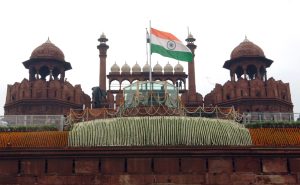
As India celebrates its 78th Independence Day in 2024, it is an occasion to reflect on the nation’s journey from colonial subjugation to a vibrant democracy. The significance of this day lies not only in commemorating the past but also in looking forward to the future.
Independence Day is a reminder of the sacrifices made for freedom, the values that bind the nation together, and the collective responsibility of every citizen to contribute to India’s ongoing development. The theme of “Viksit Bharat” encapsulates the aspirations of a nation on the path to becoming a global leader, rooted in its rich history and committed to a prosperous future.
YOU MAY ALSO READ: Neeraj Chopra missed out on defending his Olympic gold 2024, Pakistan’s Arshad Nadeem took the gold !



